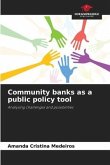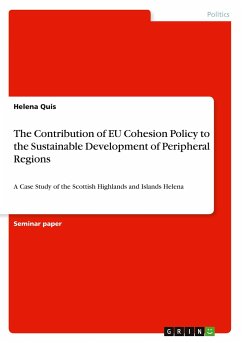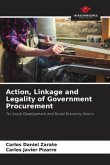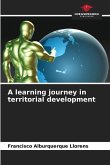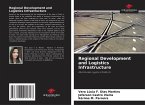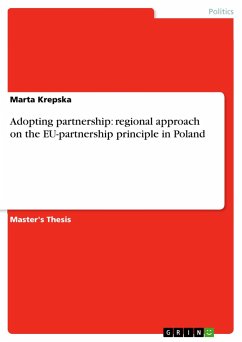In the second decade of the 21st century, the failure of economic globalization, which began with the Bretton Woods agreements, became apparent. In Brazil, political and social uncertainties were on the agenda of government platforms, but with little effectiveness in their implementation until the beginning of the year 2000, when the employment crisis lost momentum and a new era of economic growth began. In this developmental context, one of the pillars for getting out of the crisis of the lost decades was the dissemination and implementation of Solidarity Economy actions. Solidarity Economic Enterprises (SEEs) have presented themselves as an alternative to minimize the negative impacts caused by the global labor crisis, with an emphasis on the Brazilian issue in the last two decades of the 20th century. In this context, this book aims to analyze the actions of SEEs and the debate on the need to implement a socially inclusive economy in the development process, focusing on publicpolicies from the perspective of the Social Economy becoming a model of production, distribution and consumption, developed endogenously and with social empowerment. After all, another economy is possible!
Bitte wählen Sie Ihr Anliegen aus.
Rechnungen
Retourenschein anfordern
Bestellstatus
Storno


